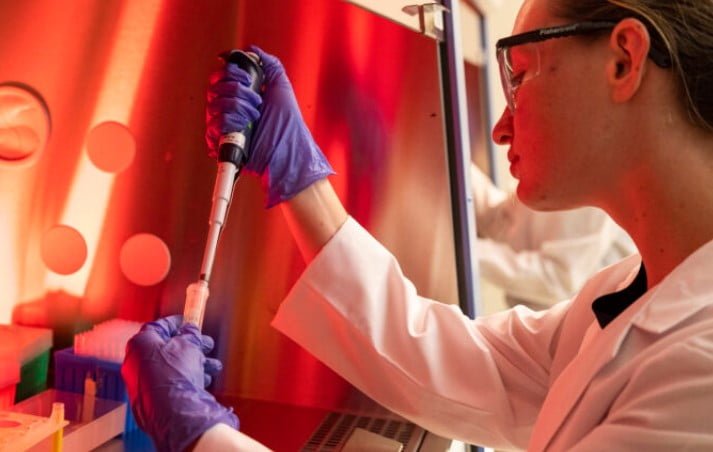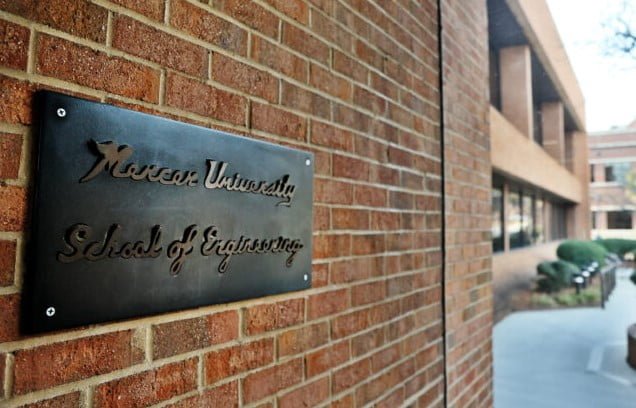University of Georgia Continues Record Growth in Research and Development

For the second consecutive year, the University of Georgia (UGA) has surpassed half a billion dollars in research and development expenditures, reaching a new high of $570.9 million in fiscal year 2023. This milestone marks the fifth consecutive year of growth for the university in research and development activities.
UGA President Jere W. Morehead emphasized the significance of research to the university’s mission, stating, “Research is a vital part of our mission at the University of Georgia as the state’s flagship university and Georgia’s only land-grant and sea-grant institution.”
The university has witnessed a remarkable 63% increase in total research and development expenditures over the past decade, with expenditures rising every year since 2013, except for one.
Key factors contributing to this growth include strategic investments in research infrastructure improvements and the recruitment of top faculty. These investments have resulted in the completion of projects like the Interdisciplinary STEM Research Complex and the new Poultry Science Building, which provide state-of-the-art facilities for research and education.
S. Jack Hu, senior vice president for academic affairs and provost, highlighted the importance of these investments, stating, “Our investments in faculty and world-class research facilities are critical factors in the tremendous growth of our research ecosystem and the success of our researchers and students.”
UGA’s research efforts have also led to significant increases in sponsored research funding from both public and private sources. Sponsored research awards have more than doubled since fiscal year 2013, reaching $313.2 million in fiscal year 2023.
Federal funding, particularly from agencies like the National Institutes of Health and the U.S. Department of Agriculture, has experienced substantial growth, driving UGA’s position as a national leader in research.
Research at UGA spans across various disciplines, addressing diverse challenges such as developing vaccines, advancing sustainable agriculture, and exploring innovations in electric mobility.
The university’s research mission not only contributes to scientific advancement but also has a significant economic impact on the state of Georgia, estimated at $8.1 billion annually.
UGA’s fiscal year 2023 research expenditures will be used to determine its ranking in the National Science Foundation’s Higher Education Research and Development survey for 2024. In the most recent rankings, UGA was positioned 56th among 899 U.S. universities.
As UGA continues to expand its research endeavors, it remains committed to making a meaningful difference in people’s lives through innovation and discovery.






